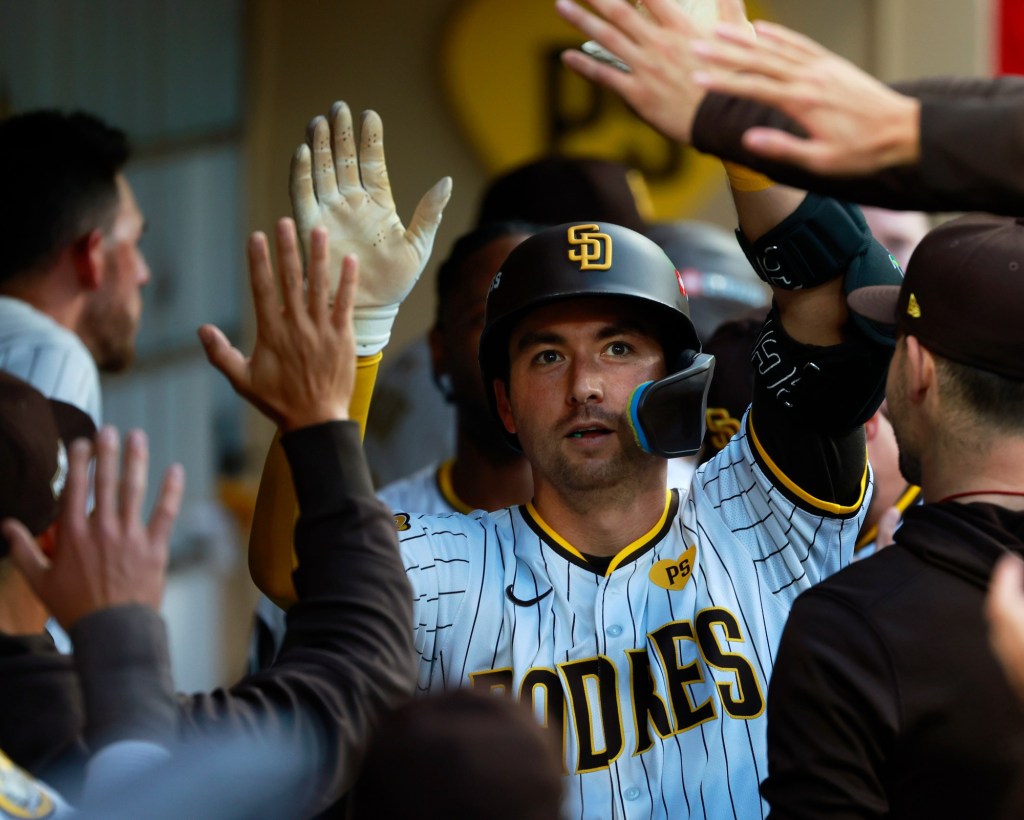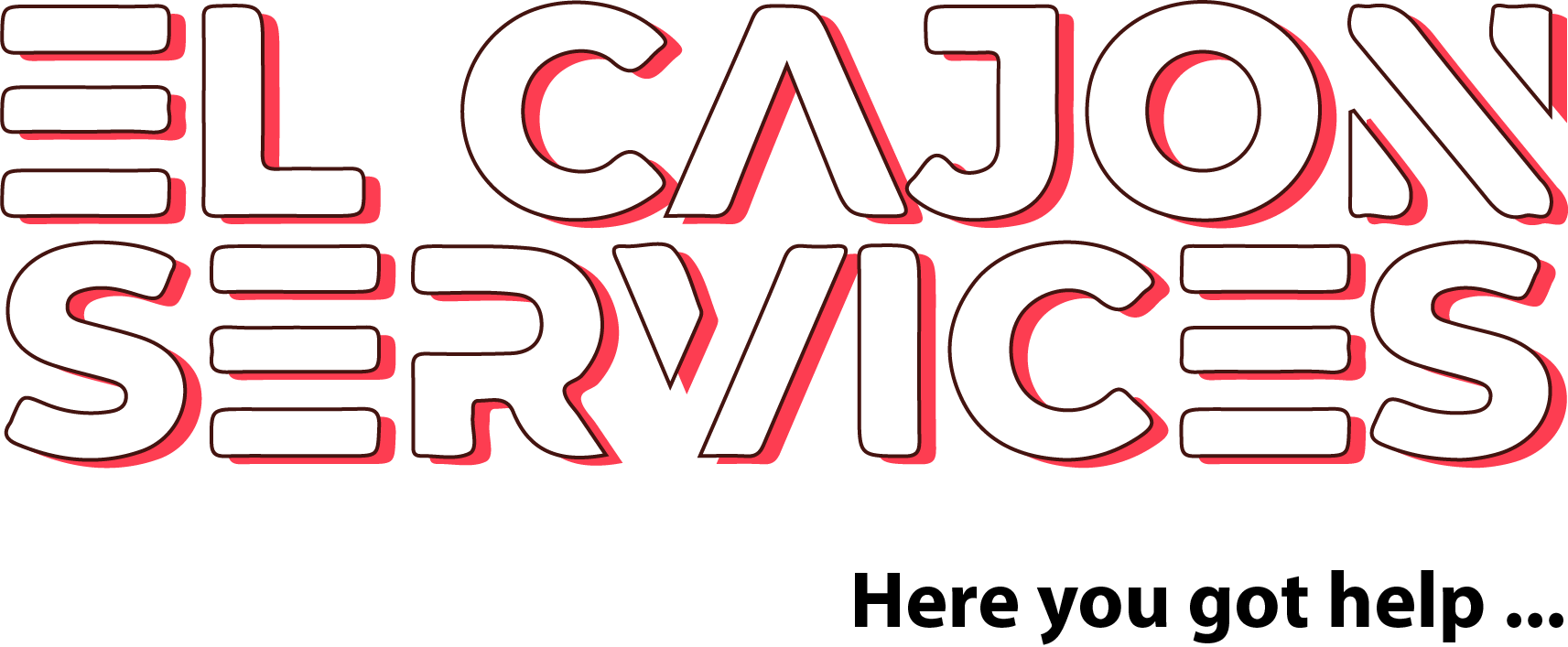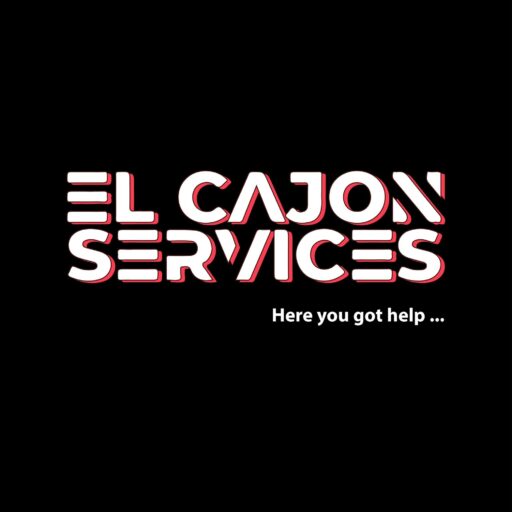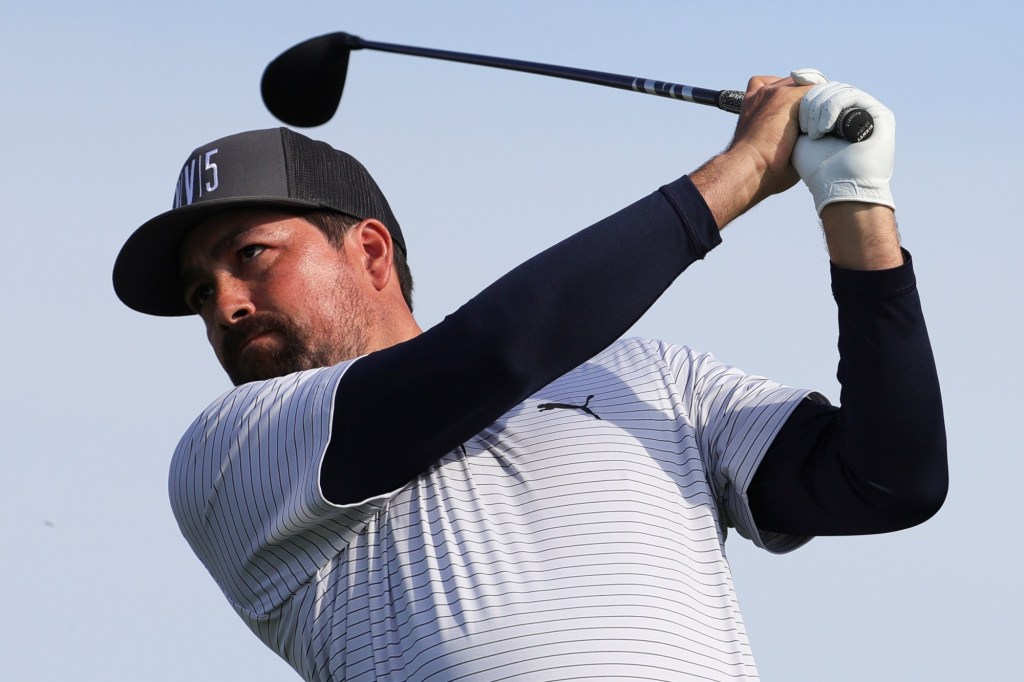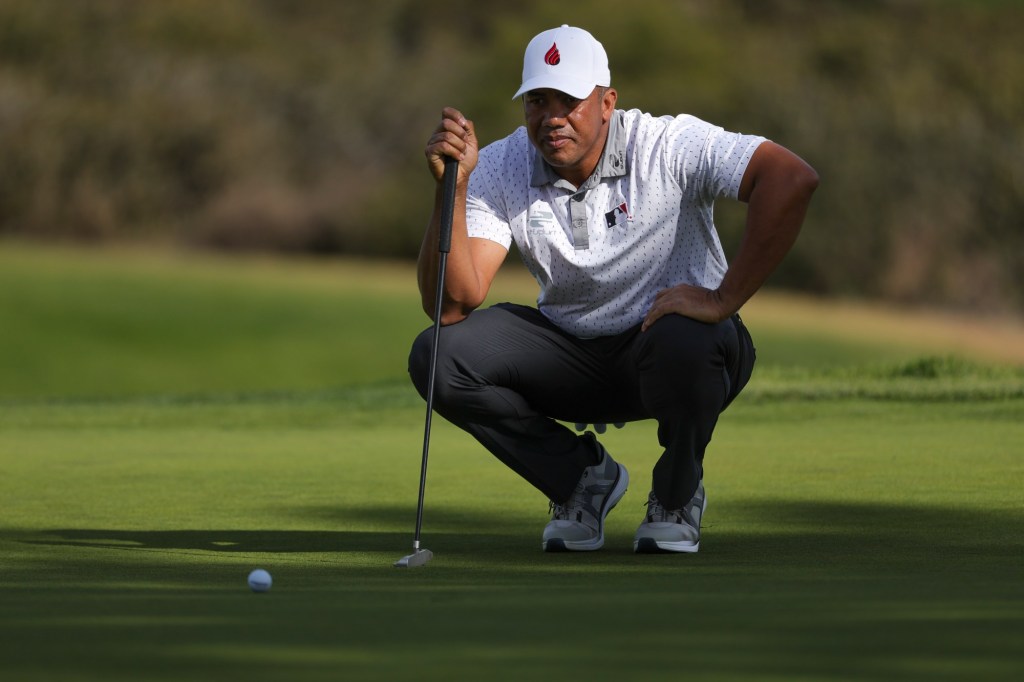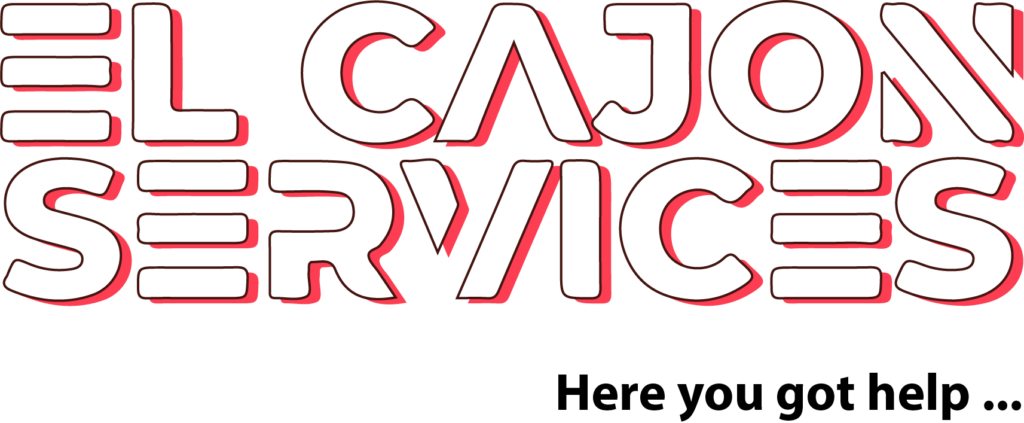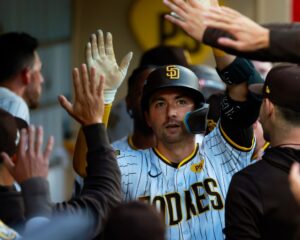Your Local SEO and Digital Marketing Experts in San Diego County
Ray Kroc pledged to make the Padres a winner when he stepped up in January of 1974 and saved the franchise from moving to Washington, D.C.
Kroc’s chance to live up to that promise came 11 months later, when Oakland A’s right-hander Catfish Hunter became baseball’s first free agent.
The Padres came within a whisker of pulling it off before the New York Yankees swooped him and swept Hunter away.
How might Padres’ fortunes changed with Hunter atop the rotation with Randy Jones, who went 20-12 in 1975 to become the franchise’s first 20-game winner?
Hunter went 23-14 with a 2.58 ERA for the Yankees that season.
The 1975 Padres went 71-91, finishing 37 games behind 108-win Cincinnati’s “Big Red Machine.” Maybe the club wouldn’t have challenged for a championship, but it could have posted the first winning season in Padres history and been positioned for success.
It wasn’t to be, but not for lack of trying.
Big-money baseball contracts are so common now that fans barely batted an eye when Juan Soto signed with the Mets this year for $765 million or Shohei Ohtani signed with the Dodgers last year for $700 million.
They have Hunter to thank for that. Or, more precisely, A’s owner Charles O. Finley.
Baseball economics forever changed 50 years ago Tuesday, when Hunter signed a five-year, $3.75 million free-agent contract with the New York Yankees.
The right-hander, who made $100,000 in 1974 with Oakland, received a raise to $750,000.
Mind-boggling numbers
“The figures being tossed about boggle the imagination,” San Diego Union columnist Jack Murphy wrote at the time. “Kroc might have to give up his yacht and paddle his own canoe.”
The Padres’ highest-paid player in 1975 was Willie McCovey, who earned $110,000. The team’s opening-day payroll was about $825,000.
The events were set in motion during the 1974 season, when Finley failed to make insurance payments as required by Hunter’s contract.
An Associated Press story later recounted what transpired, both when Hunter was with the A’s and in negotiations after the pitcher became a free agent.
Hunter’s salary with Oakland was to be paid half to him and the other half in monthly payments directly to an annuity set up for him.
Finley missed several annuity payments. He tried to catch up with one lump-sum payment to Hunter, but the pitcher balked.
Said Hunter: “I told him, ‘I don’t want it that way. Pay the insurance like the contract read.’ ”
Marvin Miller, head of the Major League Baseball Players Association, saw an opportunity to take the case to an arbitrator.
“One thing worried me,” Miller told the AP. “The remedy was free agency. That was drastic. I thought it might be too drastic for an arbitrator.”
It was not. Arbitrator Peter Seitz sided with Hunter, declaring him a free agent on Dec. 16, 1974.
Hunter, 28, was not just any pitcher. He had led Oakland’s pitching staff during the Oakland’s three straight World Series championships. In 1974, Hunter earned the AL Cy Young Award after leading the league in wins (25) and ERA (2.49).
After receiving word, Hunter was stunned, “I hung up the phone, turned to my wife and said, ‘We don’t belong to anybody.’ I was scared. I didn’t have a job. I didn’t realize the implications.”
He would soon enough.

Bidding war breaks out
Virtually every team inquired about his services. A handful of them — the Padres included — were serious. Very serious.
Hunter lived in rural North Carolina, and he had teams come to him with their offers. His lawyer, J. Carlton Cherry, handled the negotiations.
“Cherry didn’t know what he had,” Miller said. “He called me to say Finley had offered to forgive a loan and give Hunter a three-year guaranteed contract. He thought that was pretty good. As politely as I could, I explained that Hunter was the first free-agent superstar. I told him, ‘You haven’t seen anything, yet.’ “
Cleveland supposedly put a $2 million offer on the table. Kansas City offered to pay Hunter $50,000 a year for the rest of his life.
“What if I die?” Hunter asked. “They said, ‘The contract is for you, not your wife and not your family.’ “
The Royals were shown the door.
Padres General Manager Peter Bavasi was watching from the sidelines, waiting for his opportunity to jump in. Bavasi had come to North Carolina, staying at the Tomahawk Motel, with orders from Kroc to secure Hunter’s signature on a contract.
“Ray asked what I thought it would cost,” Bavasi said. “I told him Catfish made $100,000 the year before and from all indications, he wanted a long-term, guaranteed contract. I thought it would take $400,000.”
Turns out, Bavasi wasn’t even close.
The AP story detailing events of the negotiations said that Bavasi waited for a late appointment so that other teams could come in and make their offers first.
Bavasi had purchased a new gray suit for the meeting. Hunter showed up in hunting clothes.
“It was the last day of the hunting season,” Bavasi said. “He had his dogs in the truck, ready to go.”
Hunter was chewing tobacco throughout the meeting, spitting the juice in a Styrofoam cup.
Not everything made it into the cup. Some spittle got on Bavasi’s sleeve. He didn’t flinch.
Bavasi was too busy focusing on Cherry’s contract demands for his client.
“He wanted a variety of things that added up to $3.75 million,” Bavasi said. “It was almost $4 million, a far cry from our $400,000.”
When Cherry said, “Now, young man, does that scare you?” Bavasi answered: “It sure doesn’t.”
Bavasi asked for a break in the negotiations, went back to his hotel and phoned Kroc, who was on a cruise. Through the static of a ship-to-shore line, the GM communicated the demand.
He said $4 million, but Kroc heard it as $400,000.
“That’s great,” Kroc said. “You brought it in right where you said. Four hundred thousand.”
Replied Bavasi: “No, Mr. Kroc. The price is $4 million.”
“Four million?”
Joan Kroc, the owner’s wife, overheard the conversation and added her two cents, but her husband was not dissuaded. The Padres were in.

Deal or no deal?
Bavasi returned to the meeting and told Cherry he had a deal.
Unbeknownst to the Padres, the New York Yankees had entered the picture seemingly moments after Cherry struck a deal with the Padres.
The Yankees offered $3.75 million and convinced Hunter that New York would be a better place for him.
But there was still the matter of getting out of the agreement with the Padres. As lawyers were going over the deal line-by-line, Kroc’s reps asked for one more thing — for Hunter to be a spokesman for McDonald’s restaurants in the Southeast.
It amounted to a counteroffer.
“Cherry seized the opportunity to get out,” Bavasi said. “Kroc went ballistic. I thought I would be fired. The lawyers understood what was going on, though.”
Hunter signed with the Yankees, who made the announcement on New Year’s Eve.
Reflecting on it all 20 years later, Bavasi said: “Isolate that signing and it tells you all you need to know about how baseball got in the mess it is in. All of this was created and sustained by the owners themselves. It was simply a complete lack of self-restraint.
“I saw Catfish Hunter with a Styrofoam cup in his hand. He didn’t have a gun to my head.”
The Padres would be used as leverage time and again over the next five years by free agents. The players would get their prices bid up by the Padres, among others, and then go sign somewhere else.
Pitcher Andy Messersmith teased San Diego fans in the spring of 1976 before signing with the Atlanta Braves. So did slugger Reggie Jackson at the end of the year. And so did all-time hits leader Pete Rose in 1978 before signing with the Phillies.
The Padres did sign closer Rollie Fingers and outfielder Gene Tenace in 1976. Both had been teammates of Hunter’s in Oakland.
Fingers saved 108 games for the Padres over four seasons, leading the National League twice in the category. Tenace was the third-or fourth-best hitter in the lineup, getting way more walks (423) than RBIs (239) during his four years in San Diego.
Neither one of them made fans forget about Catfish, the one who got away.
Your Local SEO and Digital Marketing Experts in San Diego County
